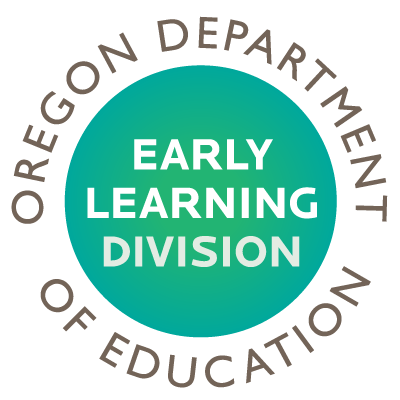News
The first few years of a child’s life are a critical time for high quality learning
(Salem, Ore) – The Oregon Department of Education (ODE) and the Early Learning Division (ELD) today jointly released results from the 2019-20 Oregon Kindergarten Assessment, which were largely unchanged from the previous year. The assessment is given each fall to entering kindergartners and provides a snapshot of students’ foundational skills in three core areas of learning and development: early literacy, early math and interpersonal/self-regulation skills.
“Opportunity gaps for children begin at birth. Our Kindergarten Assessment results continue to underscore that our youngest children do not have access to the quality early learning they need,” said Miriam Calderon, Oregon’s Early Learning System director. “We’ve started to move this needle through the Student Success Act and need continued focus on providing supports that are proven to have a long-term impact for young children and families.”
The Student Success Act, which was passed by the 2019 Oregon Legislature, expands access to high-quality preschool through Preschool Promise and high-quality preschool and infant/toddler care and education through Oregon Pre-kindergarten. The Act also includes funding for the newly established Early Childhood Equity Fund, which creates culturally specific early learning and parent support programs. Though the investments will help support many more children and families in Oregon, there will still be too few preschoolers unserved in publicly-funded, high-quality preschool.
2019-20 Oregon Kindergarten Assessment results:
- Early Math scores: students correctly answered 11 out of 16 simple math questions. In the previous year, correct scores came in at 11.1.
- Scores for Approaches to Learning remained the same at 3.6 out of 5. This key assessment includes examining a student’s social-emotional well-being via teachers observing and leading the student through daily activities such as following directions or cooperatively playing in groups.
- Early Literacy scores: Oregon kindergartners recognized 7.7 letter sounds, 14.3 uppercase letters, and 11.6 lowercase letters. The only difference from the previous year was a lower case letter score of 11.7.
“The Kindergarten Assessment is one tool that can help us learn about some of the strengths, assets, and needs of Oregon’s children. State and, more so, local data is a critical tool in helping children learn and reach their dreams. The more we learn about our children, the more we can help them succeed,” said Colt Gill, director of Oregon Department of Education. “Continued investment in early education is a key component to student success throughout their time in school.”
Oregon’s 16 regional Early Learning Hubs, which work across education, health, human services, and businesses to support families with young children, use the assessment data to prioritize investments, such as Kindergarten Readiness Partnership and Innovation Funds.
Kindergarten Assessment results, including a breakdown by school district, are available online. Private schools are not reflected in the results.



